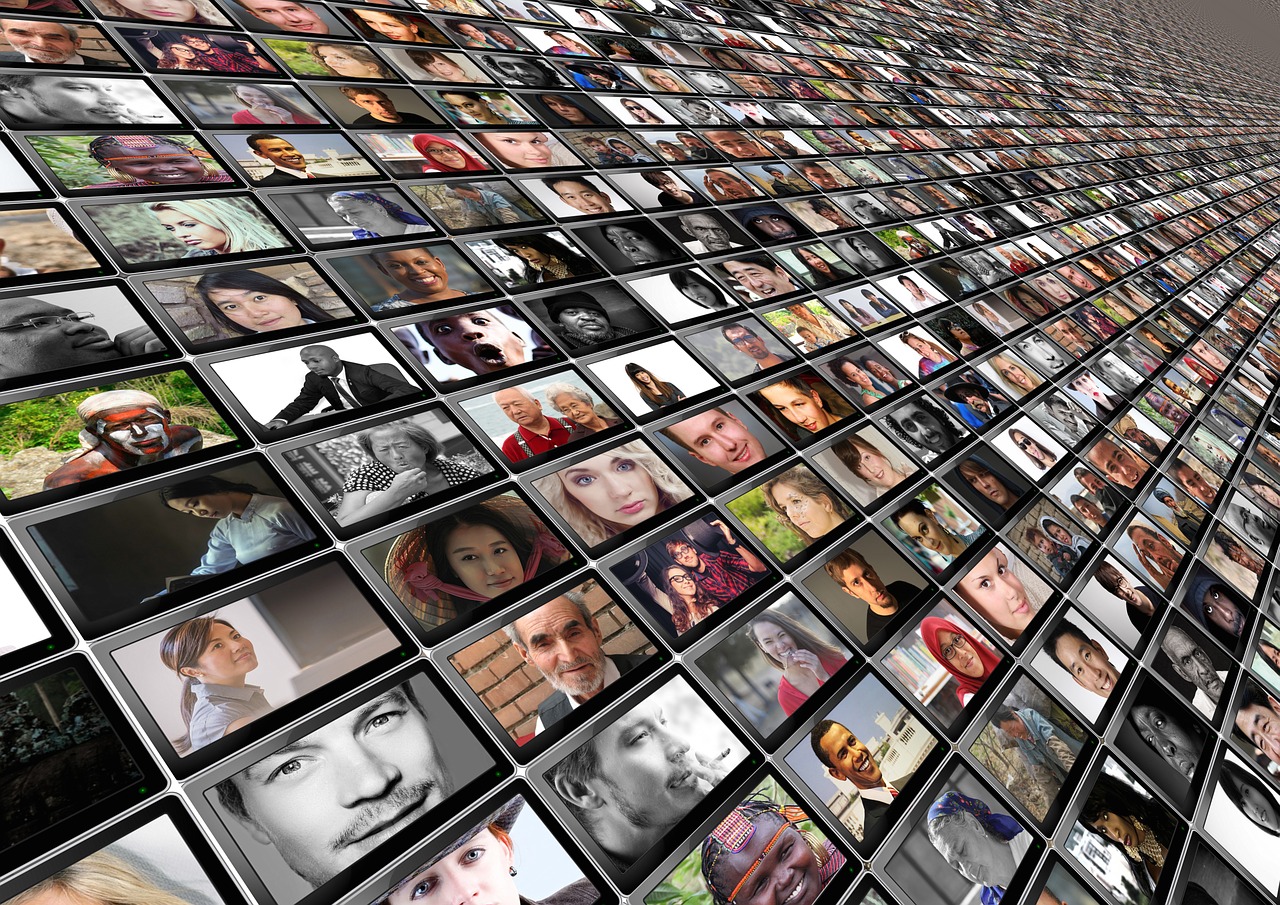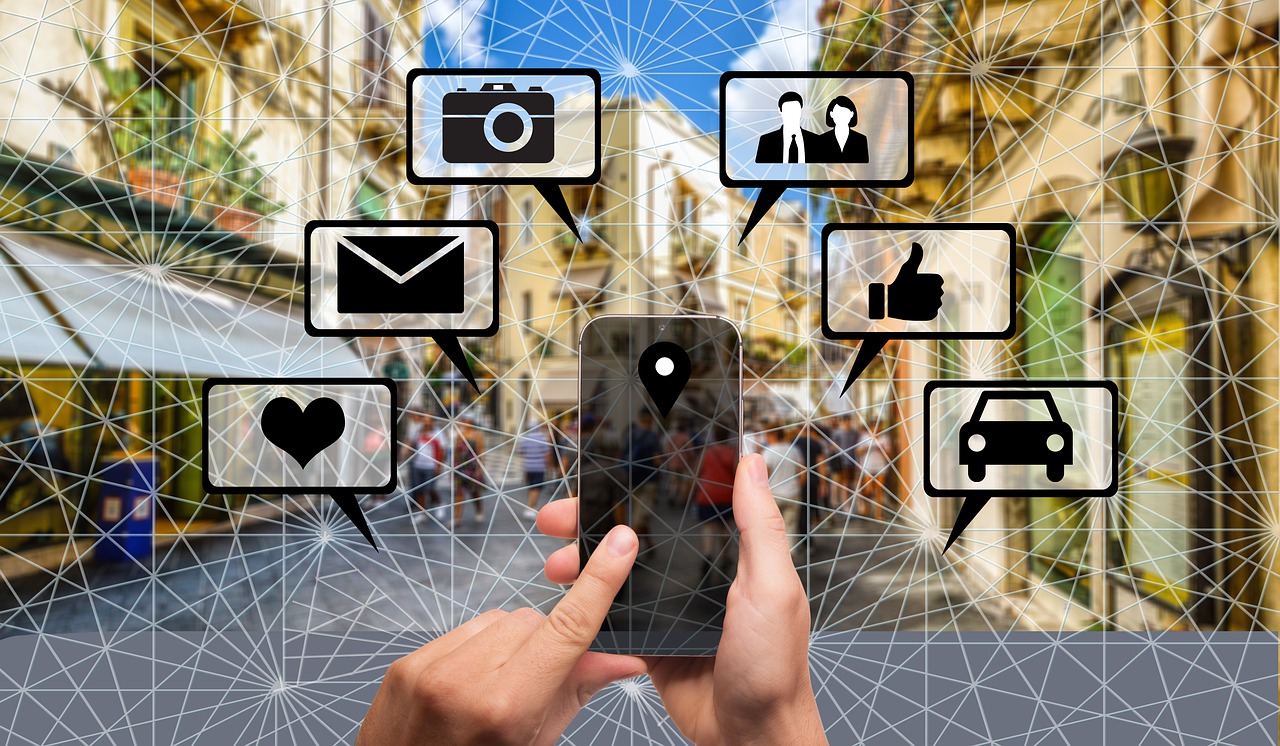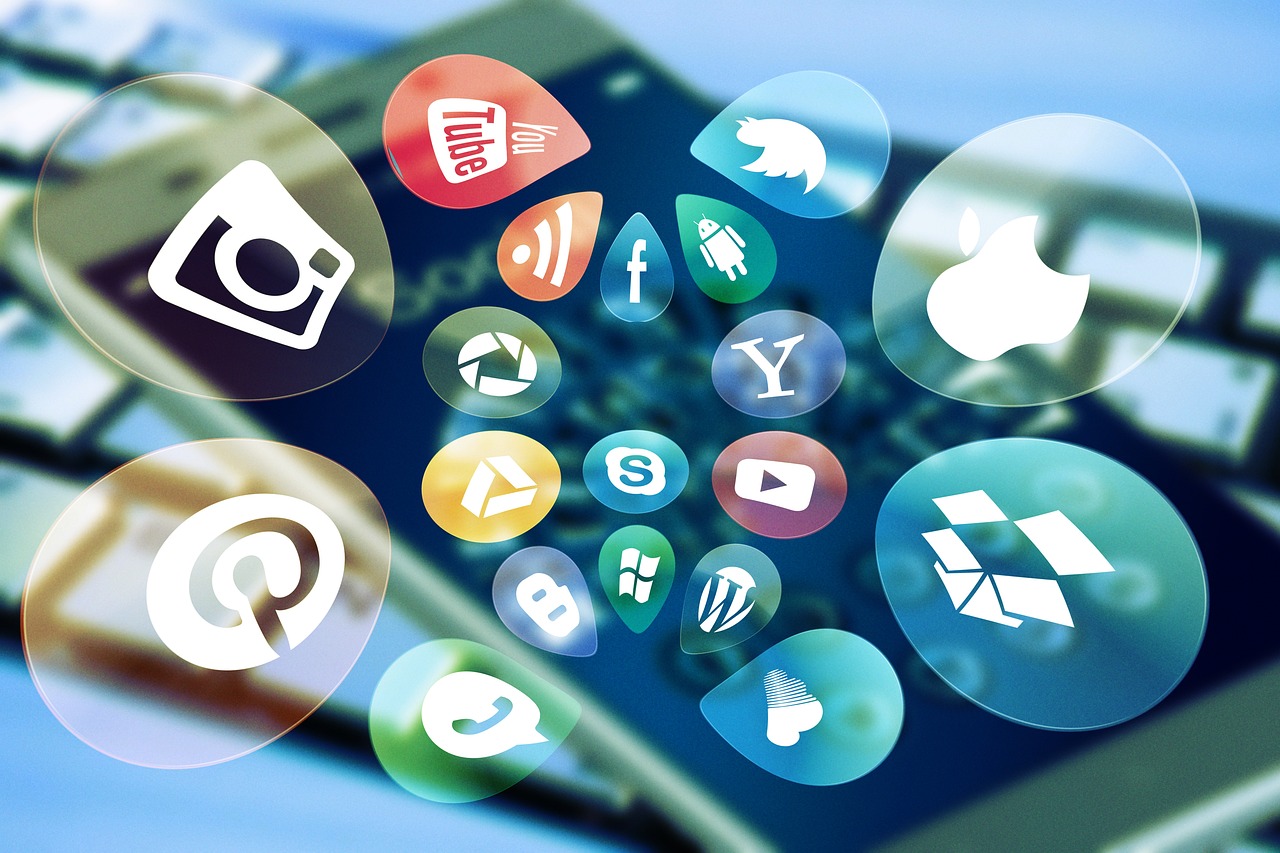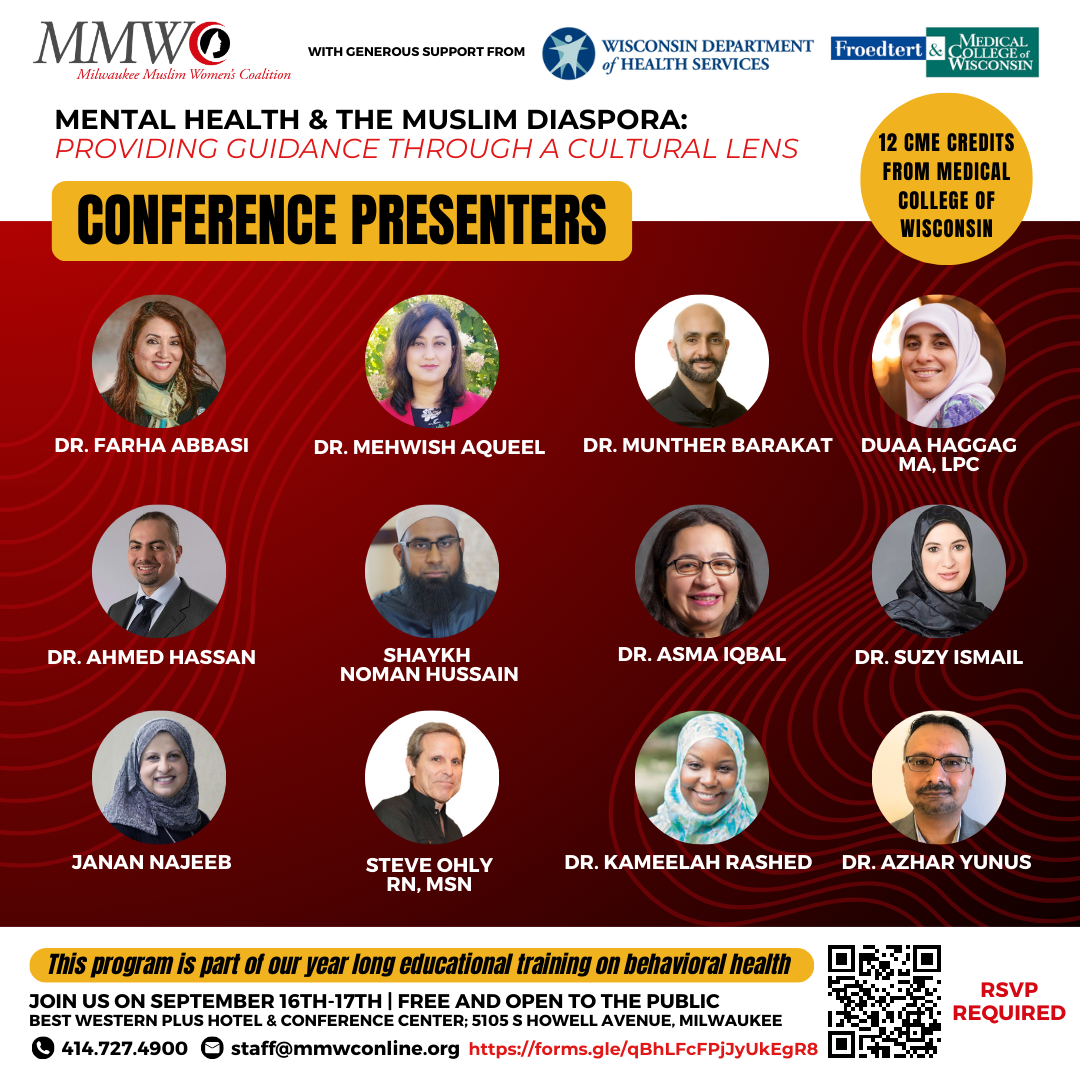
Photo by Gerd Altmann
“Most teenagers are online daily, and a quarter report almost constant use,” says a 2022 report in the Journal of the American Medical Association—Pediatrics.
What impact does social media use have on youth’s mental health, particularly excessive use? asked Iman Saymeh, M.Ed., M.S.W., a mother, educator and mental health professional, and a chaplain-in-residence at Georgetown University, who spoke Aug. 25 at the Islamic Resource Center in Greenfield.
Her talk, Excessive Use of Social Media: Impacting Daily Lives, Relationships & Well-being, was part of the Milwaukee Muslim Women’s Coalition’s year-long educational programming on behavioral and mental health. MMWC sponsored the lecture with support from the Wisconsin Department of Health Services and Froedtert Hospital and the Medical College of Wisconsin.
A highlight of MMWC’s behavioral and mental health programs will be its conference, Mental Health and the Muslim Diaspora: Providing Guidance Through a Cultural Lens, Sept. 16-17, at the Best Western Plus Milwaukee Airport Hotel & Conference Center. Professionals may earn 12 CME credits from the Medical College of Wisconsin. The two-day conference is free and open to the public. Registration is required. Register here.

Iman Saymeh, M.Ed., M.S.W.
“As with every technology, there is a side that is good, and there’s a side that is not so good,” Saymeh told the adults and teens who attended at the IRC and those who joined online. “In particular, social media can have a negative impact on teens who suffer from mental illnesses.”
The key, Saymeh said, is in how we use it.
Risks of excessive social media use
Social media use has its benefits, Saymeh noted. It helps youth stay connected to friends and family. It provides access to information about community activities and healthcare, as well as tremendous educational resources and tools that help students learn, participate in group projects and engage in classroom activities.
Those uses are beneficial but how are today’s youth primarily using social media? she wondered aloud.
One issue is the quantity of use. “The Department of Health and Human Services reports that despite the benefits of social media, research has shown that youth who spend more than three hours per day on social media face significantly higher risks of experiencing poor mental health outcomes,” Saymeh said.
“Social media has a reinforcing nature. It activates the brain’s reward center, releasing dopamine that makes us feel good. That’s how addiction to social media starts.”
“Research reported in JAMA—Psychiatry found that adolescents who use social media more than three hours per day may be at the heightened risk of mental health problems,” Saymeh said.
Excessive use of social media can lead to self-absorption, she said. Users become hyper-aware of their online personas, how many “likes” they are getting and how popular they appear to be in comparison with their peers.
“It can result in a vicious cycle of jealousy. When you see other people’s lives, their houses, their cars, their food, their outings, their vacations, you may experience fear of missing out that brings anxiety and depression.
“You may say to yourself, ‘Why don’t I have what they have? I wish my life was like theirs.’
“And one of the biggest problems we see among youth is the body image problem, especially with the use of filters. When people add the filters and everything is so perfect, people think that that’s how they’re supposed to look. So, we have less joy because we think we are not good enough.
“You don’t know how many likes a picture will get when you put a picture up. You wonder who saw it when you put a story up on Instagram. You check. Oh my gosh, she saw my story and he saw my story. And you start counting, and then you leave it a little bit and then you come back, oh my gosh, more people saw my story. So that makes you get excited, right?
“How many likes will a picture get? Who will like the picture? The possibility of a desired outcome can keep users engaged with the site. Those are the seeds of addiction.”

Photo by Gerd Altmann
Another problem is that youth who are always online start isolating themselves from their families, she said. Then they see peers in photos online with their families. “One may feel abandoned or neglected.
“On a spiritual note, we see that social media plays on the diseases of the heart. When we start comparing, we become jealous. We become envious. It leads to mood disorders, eating disorders.”
Some evidence suggests unhealthy social media use results in youth showing signs of depression when offline, possibly due to isolation or comparing themselves to their peers, the 2022 JAMA-Pediatrics study says.
Risks of misuse of social media
Saymeh listed a variety of risks that arise from adolescents’ misuse of social media, including cyberbullying, name calling, spreading false rumors and over sharing, including sharing locations or explicit photos. These behaviors may have long-term consequences, including risk of real-world, physical attacks or potential future impacts on educational and professional pursuits.

Photo by Gerd Altmann
“Privacy concerns should be considered,” the JAMA-Pediatrics article noted. “Adolescents potentially share too much on the internet, which can be permanent and could affect college and job offers. Teenagers also experience sleep problems because of the light from cell phones.
“Cyberbullying defined as the use of social media to spread false or embarrassing information about a person, can lead to depression, suicide, and separation from family and friends,” the article in 2022 JAMA-Pediatrics reported. “Sexting is the use of social media to send, receive or forward sexual information and can pose a risk for child pornography and sexual abuse.”
Taking care of ourselves
Instagram, Facebook, TikTok, SnapChat—”these platforms are designed to make the brain addicted, and they’re associated with anxiety and depression, and physical illnesses. We start becoming tired, fatigued. We don’t sleep. It takes a toll on us, Saymeh said.

“So, it’s very important for us to pay attention to how we are using these platforms and how much,” she said.
Tips she suggested youth implement include:
- Making sure you have time for other activities like prayer, sports and being present with family and friends without scrolling your phone;
- Protect your heart and mind from negative content;
- Make sure you get enough sleep;
- Learn to be safe online (protecting personal information, location, etc.);
- Give yourself a social media break. Research shows that reducing social media time results in improved attitudes and better appearance.













